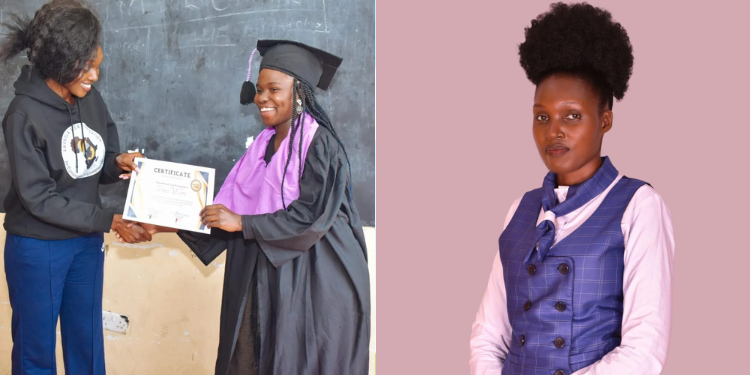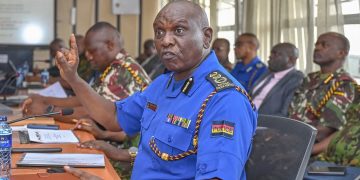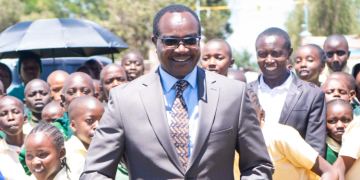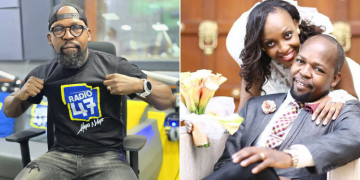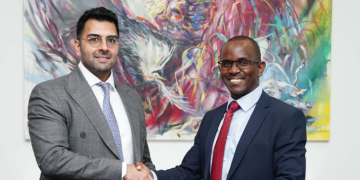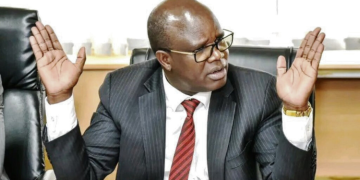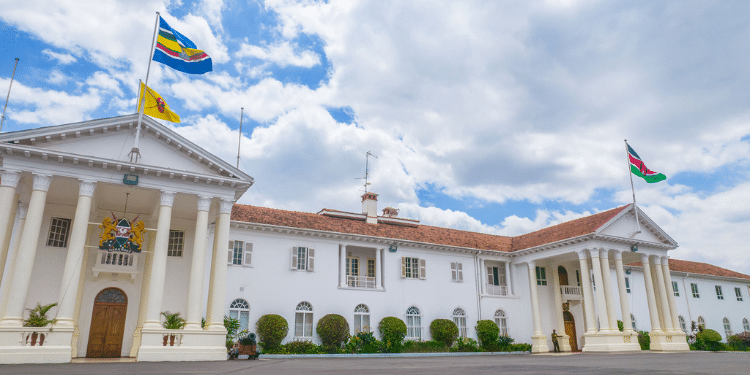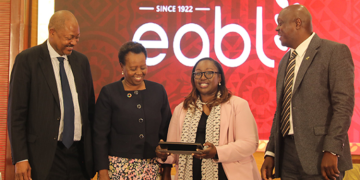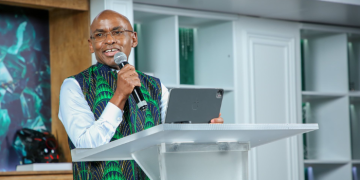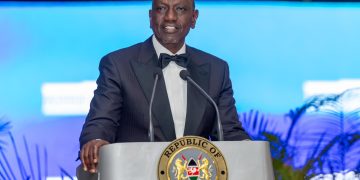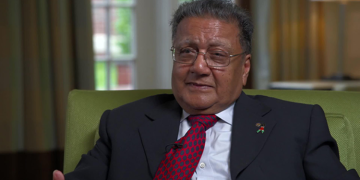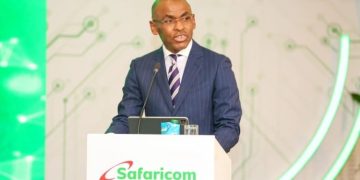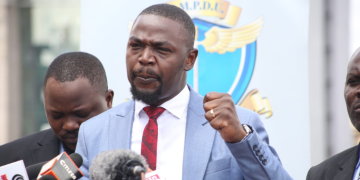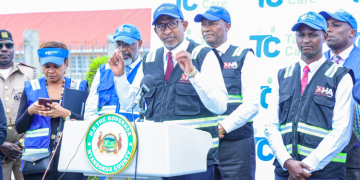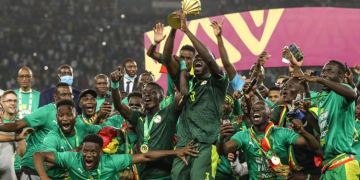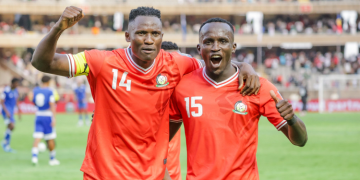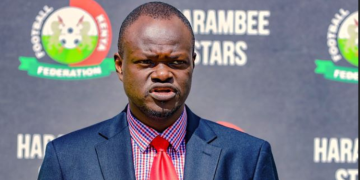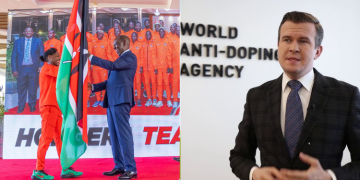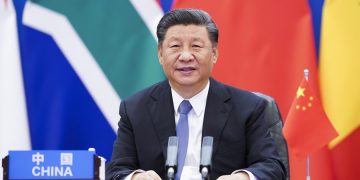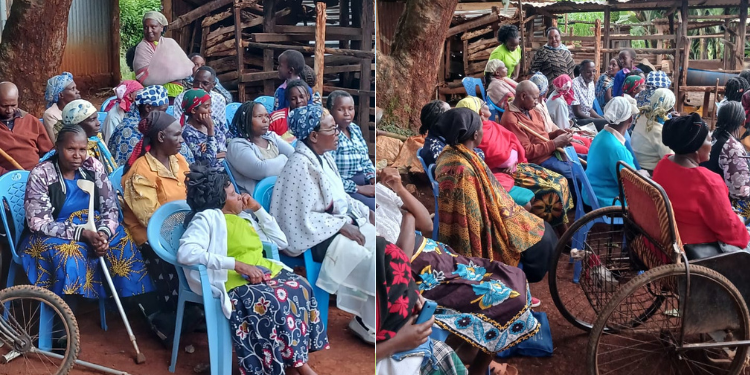For many women around the world, the loss of a partner is more than a personal tragedy—it marks the beginning of a long battle for dignity, rights, and survival. Recognizing this harsh reality, Emma Mong’ute, a Nguvu Change Leader and founder of the Amandla MEK Foundation, is calling for bold policy reforms to recognize financial support for widows not as charity, but as a basic human right.
From grassroots programs to a growing online campaign, Emma is advocating for dignity, opportunity, and justice for widows who are too often left behind.
Widows often face economic hardship, social exclusion, and even violence, all perpetuated by entrenched gender norms and weak legal protections.
Globally, there are over 258 million widows who remain largely unseen, unsupported, and uncounted in development statistics, according to the United Nations.
While speaking The Kenya Times, Emma says across Kenya, countless widows are stripped of dignity and rights the moment they lose their spouses.
“From forced evictions and property seizures to deeply harmful widowhood rites, the injustice widows face is entrenched in culture, law, and silence,” Emma said.
“These women are not only grieving; they are also fighting for survival in a society that turns its back when they need it most.”
Even where laws exist, systemic flaws and discrimination within judicial systems frequently hinder access to justice for widows.
How Nguvu Collective Empowered Emma Mong’ute to Champion Widows’ Rights
Through Emma’s grassroots initiatives and growing online advocacy, she is championing dignity, opportunity, and justice for widows and teen mothers often left behind in development efforts.
“Amandla means ‘Power’ in Zulu,” says Mong’ute.
“We provide mentorship and psychosocial support to widows, young girls, and vulnerable women. Our mission is to equip them with skills and confidence to thrive in a patriarchal society.”
Her foundation focuses on leadership development, social welfare, and entrepreneurship programs.
Mong’ute emphasizes the need for access to seed grants and low-interest loans, enabling widows to start small businesses and become self-reliant.
“Widowhood should not close doors for women,” she told The Kenya Times.
“In fact, it should be a call for society to support and uplift them. In Kenya, we need policies that guarantee widows’ financial and social inclusion.”
Mong’ute has also launched an online campaign aimed at reshaping public perception and influencing national policy.
She highlights global forums such as the Commission on the Status of Women (CSW), which addresses the rights of widows through the lens of gender equality and empowerment.
Emma believes similar efforts are needed in Kenya to mainstream widows’ issues in the national development agenda.
Also Read: Widow Gets New Home After PS Raymond Omollo’s Intervention
Emma Mong’ute groups women into community savings groups known as Village Savings and Loan Associations (VSLAs).
In these groups, members contribute and save collectively based on mutually agreed terms aligned with each individual’s financial ability.
The goal is to help women access capital to launch or expand their businesses after undergoing training. These groups are designed to foster financial resilience and discipline.
Beyond capital access, Emma’s foundation offers intensive entrepreneurial training to sharpen the women’s business skills.
Training and Financial Support
The training covers every step of the entrepreneurial journey—from business ideation and planning to brand building and financial management.
Participants learn how to develop business ideas, write business plans, and gain practical skills in financial literacy, bookkeeping, marketing, branding, and understanding the legal frameworks around running a business.
Emma notes that the widows are taught not only how to start and run a profitable venture, but also how to lead it with confidence, structure, and vision.
A significant portion of the training—spanning three weeks—is dedicated to customer management and financial recordkeeping, which are often overlooked yet vital skills for sustainability.
The training program runs for 3 to 5 months, after which the foundation continues to offer individual support for up to two years, ensuring that each business reaches a minimum monthly profit of Ksh15,000.
During this period, trainers conduct regular assessments—reviewing financial records, checking compliance, and identifying areas where the business owner may need further support.
To promote sustainability, each beneficiary is expected to mentor two employees or support two struggling business ventures—passing on the knowledge and skills they have acquired.
This peer-to-peer model helps multiply the impact of the program across communities.
The foundation also hosts pitch sessions inspired by the “Shark Tank” model, where women present their business plans to potential donors and well-wishers.
These sessions provide opportunities to win seed grants, offering a critical financial lifeline for women who often start with little or no resources.
Recognizing that healing is holistic, the program also integrates mental health support. Whether through group therapy or individual counseling, emotional well-being is prioritized alongside business development.
“This initiative is more than a program; it is a lifeline, a space where widows are not seen through the lens of loss, but as leaders, entrepreneurs, and changemakers,” says Emma Mong’ute.
Looking ahead, she envisions a future where over 500 women are trained in the next three years, each running profitable ventures with the capacity to scale, open new businesses, and trade internationally.
Also Read: Hidden Challenges: Human Rights Issues in Islamic Inheritance Laws for Women and Children in Kenya
Childhood Trauma Sparks a Lifelong Fight for Women’s Economic Freedom
Emma’s motivation stems from a personal experience after the death of her father. After his passing, relatives from her father’s side allegedly took everything, leaving her mother with nothing—except four children to raise, including one who was still unborn at the time.
“That’s where it all started,” Emma recalls. “My mother faced so many challenges and had to take on different jobs just to make sure we got an education and that the family could survive.”
Emma Mong’ute says that experience opened her eyes to the importance of economic empowerment for women.
“This one experience made me realize just how crucial it is for women to be financially independent. That’s what inspired me to create an organization focused on empowering women economically,” she explained.
One of the most harrowing experiences was seeing her mother pushed out of the family home and community, simply because she refused to be inherited by her older uncle.
Her father had been the seventh born, and the family had expected her mother- then barely 30 years old- to be inherited by the firstborn, a much older man from a second family.
She recalls how her mother was told she no longer belonged in their home simply because she refused to be inherited.
“My mother stood her ground and said no to being inherited, which is what was expected of her,” Emma Mong’ute explains.
“They wanted her to be inherited by my father’s older brother—he was the firstborn, while my father was the seventh. He was much older, from a second family, and my mother was barely 30 at the time.”
Emma Mong’ute shared her story with Nguvu Collective, which played a key role in supporting her advocacy journey. As part of the training she received through the organization, she learned how to develop and run an effective campaign.
This included skills such as mapping out key decision-makers, crafting a strategic campaign plan, and identifying the right stakeholders to engage for support.
Follow our WhatsApp Channel and X Account for real-time news updates
